Sometimes you will be walking around in the feria, and you will see bags of pale green something in a bag. it will be double-knotted on top, and flattened into a squared-off brick inside its bag, as though you were going to make sandbags out of it to stem an approaching tide (except there’s some air in it, so it might float, so actually, it’s nothing like that at all).
You can ask (the first time) what it is, and be told “penca.”
And then, if you are me, you will remember that one time, when you took one of the windiest bike rides of your life, from Llo Lleo (say: yo-YE-o, which sounds a bit like “I bring,” depending on the accent of the person who’s saying it) Chile, to Matanzas, which, by the way is the kitesurfing capital of Chile, and oh, that might explain the wind, and the name of the hamlet means killings, and that should not worry you at all, but the wind maybe should. Somewhere along the way, near Chile’s route 66, which doesn’t have much to compare it to the United States’ route 66, you will throw down your bike along the side of the road, and the person you are with (who now lives in the north and takes to the sky as often as possible, also enjoying the wind up there), will point to an unfriendly-looking, very spiky plant, some sort of thistle, and say, “hey, look! Penca!”
And you will think, huh, this does not square with what I know about the word penca, at all.
Up until this point, you, knew two meanings of this word. The first, learned when a nine-year-old boy was asked by his mother “How was the party at school,” and he said, “Penca.” In a word, sucky, lame. The other meaning is, as all Chilean slang eventually demonstrates itself to be, a term for male genitalia. Go Chile, phallic-references-a-million.
But here you are, looking at a spiky thistle that looks neither lame nor, well, the other thing.
And then your friend (remember her?) will break off some of the angry-looking thistle, and whittle it down into friendly-enough looking sticks, and hand you one, telling you, it’s better as salad. Which in Chile means “with lemon juice and olive oil,” which I must heartily agree makes nearly anything better. This is also, by the way, what I was told in the south of Chile when a different friend harvested styrofoam-looking diweñes (a type of mushroom) off a tree and handed it to me to eat. What, am I friends with the Chilean bush-tucker experts, or what? And if everything tastes better with lemon juice and olive oil, why don’t we carry them around always?
And so, there on route 66 you will crunch into this whittled stick, and find it crisp like celery, but milder, refreshing, slightly grassy-tasting with a hint of artichoke (which makes sense, since artichokes are also thistles).
And so then, when you go to the feria, and you see these flattened bags of harvested, de-spiked, whittled and diced penca, you will buy it, and bring it home, and put it in a bowl and take a picture of it, before sprinkling it with salt, dressing it with lemon juice and olive oil (and in my case, mixing in avocado), and pronouncing it good, and feeling compelled to write about language, food, culture, travel, bush-tucker, the feria and friends all at once. Because really, what else is there?
In other news, it just occurred to me that the word for a person from Concepción is Penquista, which makes me wonder if people from that city are consumed (ha!) with a desire to harvest, prepare or eat this edible thistle, and which thought brought me to find out more information, as well as pics of the actual plant, here, in Spanish (4th photo down). In this post we also learn that there’s some kind of implement of torture called a penca as well, which seems to mean alternatively, mace, flail, morning star or maybe a short leather whip, and really, this is just beyond my area of expertise, but the post makes for good reading if you like to leer en español.

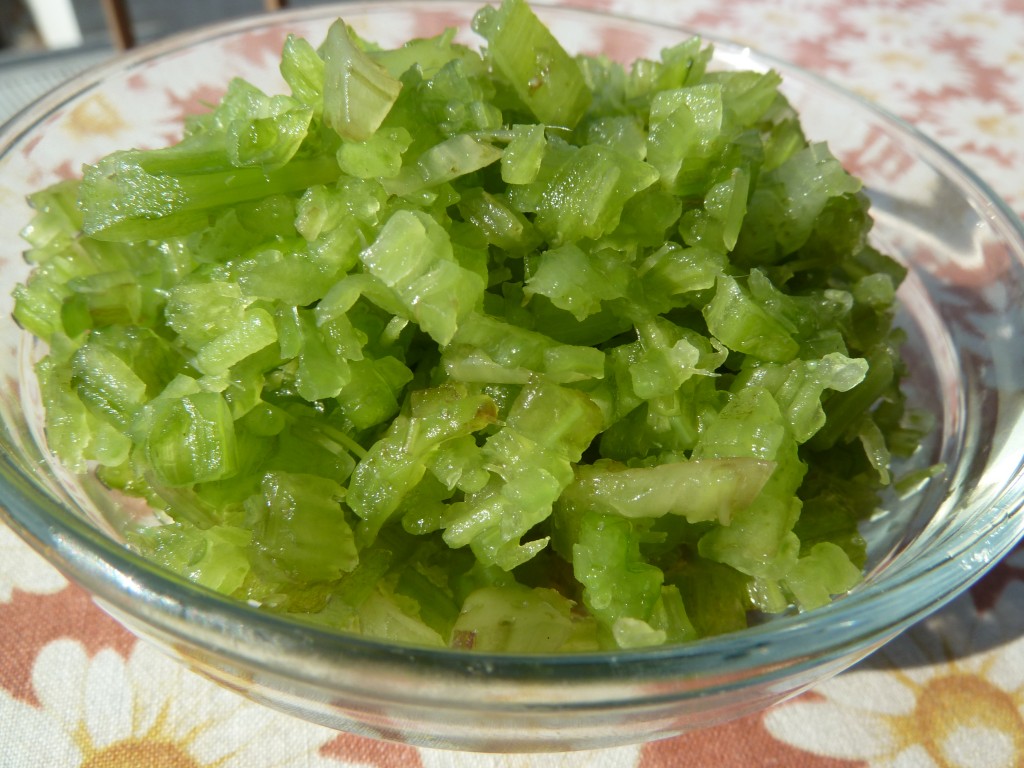
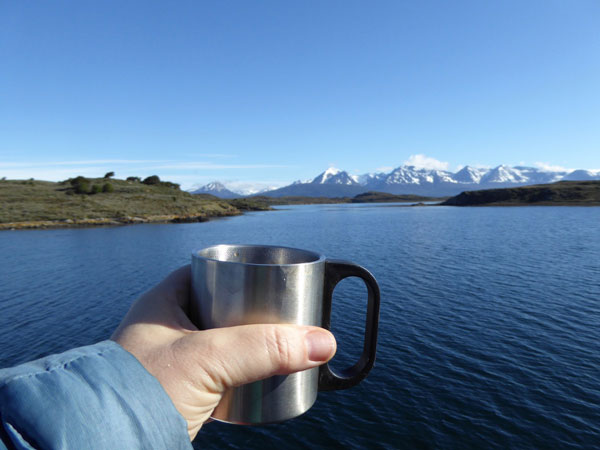
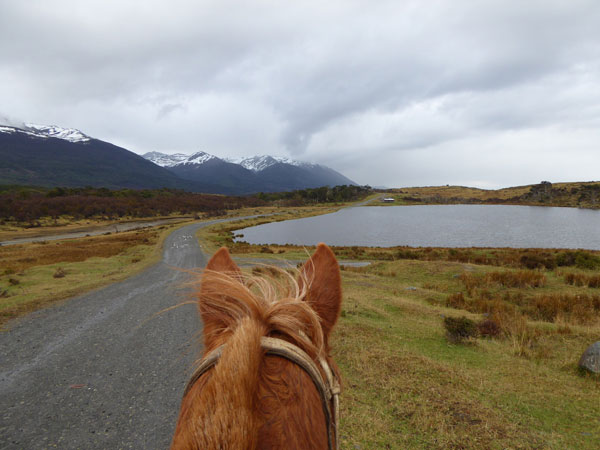

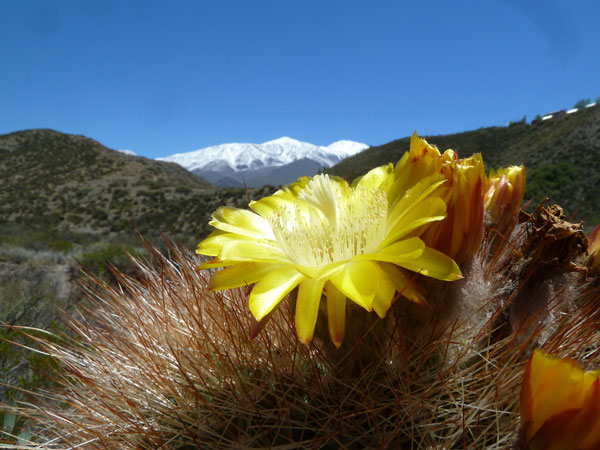
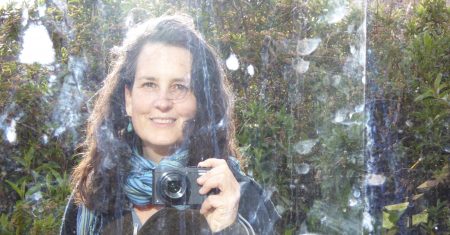
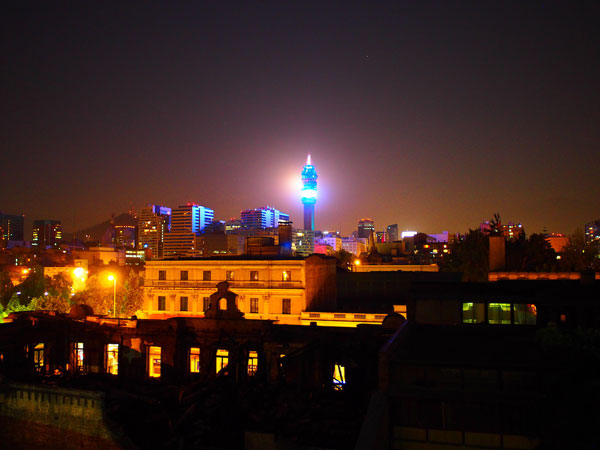
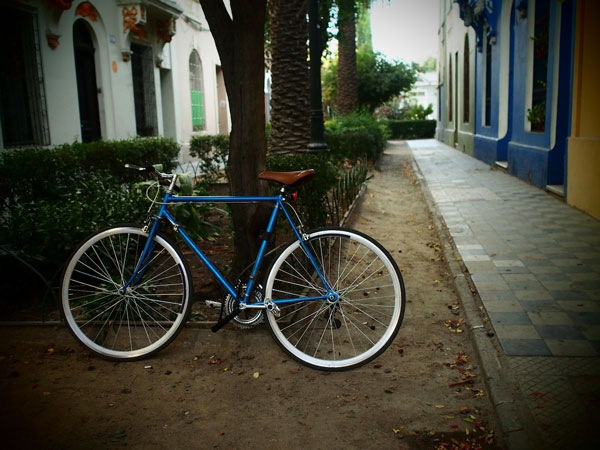


And what was your impression about the diweñes?
ñami! more watery than I thought they should be, though tasty. But the novelty of just eating stuff off trees and bushes with friends who know about such may have influenced my opinion. Also, I prefer to spell them with a g and u with umlaut, but couldn’t find them easily, and was lazy. How do you feel about them?
We eat them since like, forever, with apple vinegar, cilantro and onions. I´ve seen them as tortillas and even on pizzas. I´m not a real fan, but they´re nice. We usually write Dihueñe, but since is a Mapuche word, it can be found in many forms xD
mmmm, invite me over to try! Sounds delicious. I would never look askance at the opportunity to eat anything with vinegar, cilantro and onions. I even ate ulte pebre once, for the same reason. Now that’s love!
Eileen thank you I’m Chilean and I was brought up eating Penca salad famous for iron is the greatest thing for your system for your immune system.
They grew all over the place we had a big Parcel with lots of vegetables and stuff but Pencas would grow wild and yeah they’re a little like spikes and kind of rough you really have to know how to do it and if you leave it cut for a while it oxidize. I have never seen them in the United States.
hello! I’ve read your blog for quite a while but never commented 🙂
Penquistas are called so because Penco was the original centre of Concepción, so I believe…
I’ve never felt particularly compelled to try it myself….the name is kind of off putting haha!
I remembered that (about the Penquistas) after the fact. It makes much more sense once you know that, and thanks for reminding me. Glad to have you along for the ride and thanks for commenting! I love your DIY page and other stuff. I’ll definitely be back to check out your projects!
La bahía donde se encuantra Concepción se llama “Bahía de Penco”. El sitio original de la ciudad es donde actualmente se encuentra la ciudad de Penco.
El terremoto de Valparaíso de 1730 causó un gran maremoto, que destruyó 2/3 de Concepción. Tan solo 16 años después el terremoto de 1751 se llevó la ciudad recién reconstruida…. después de eso, la mayoría de los habitantes decidió mudar la ciudad a su actual ubicación. Los que no quisieron mudarse dieron ugar a la actual ciudad de Penco.
Gracias por aclarar, César. Se entiende porque se cambiaron (algunos) de lugar. Acaso sabes que pasó con toda la gente de Chaitén? Pensandolo bien, me doy cuenta que no tengo idea!
Todos fueron evacuados durante la emergencia (había peligro cierto que un flujo piroclástico le hiciera a Chaitén lo mismo que a Pompeya) pero a los pocos meses algunas personas, a ver que la ciudad no había sido destruida por completo, empezaron a volver sin permiso del gobierno, limpiando y reconstruyendo dentro de sus posibilidades.
Muchas casas quedaron enterradas en ceniza o se las llevó el río cuando cambió de curso, pero en los sectores con poco daño, la gente comenzo a reestablecerse, sin tomar en cuenta las propuestas del gobierno de asentarse en en nuevo pueblo a algunos kilómetros de allí.
Creo que han vuelto un 25% de los habitantes, y aunque sigue siendo “ilegal” volver a Chaitén y el volcán sigue “técnicamente” en erupción, ya parece que Chaitén no terminará como Pompeya…
me dan ganas de ir a visitar. Conocí Chaiten unos años antes de la erupción. Parecía un lugar tranquilo, con un cielo increíble, y la típica plaza central, todo muy pacífico. Me interesa mucho el tema de lugar, identidad y pertenecer a un pueblo (siendo una gente o un lugar). Me pregunto que es para aquellos que no volvieron, no haber vuelto, y a los que volvieron, vivir sin 75% de sus vecinos y un constante recuerdo de lo que pasó. Gracias César, por la info!
I was told by my ex-pololo’s father that Llo Lleo actually means ‘wind’ in Mapudungun! Used to live in the quinta region and thought I’d share!
Awesome, thanks for the tip. I love learning more about place names, and Chile in general. Thanks for popping by!
Anyone knows what is the translation of Penca (the plant) in English?
cardoons!
Thanks Eileen. I’m always looking for translations of trees, fish, plants etc ,etc. Thank you so much. Muchísimas gracias y saludos de un viejo chileno…Roberto
then I should be asking YOU for translations. Just kidding. I only know one person who had ever actually heard of or eaten them though, so it might be a fairly unusual word, not sure if anyone else would know it! Are you in Chile, or elsewhere? I hope you get to eat some cardoons! So tasty.
I left Chile in 1964, I came to USA to study but I stayed. I have lived in Sacramento, CA. for almost 42 and 7 in Utah. Where do you live?. In Chile we have another plant called “Cardo”as far as I know is not edible and have prickly stems and leaves but the name is a cognate, the same root in english and spanish. Have a great day. Chao….Roberto
I’m in Stgo. Centro. Cardo is “thistle,” and penca is a thistle, but an edible one. As is artichoke, for that matter! I think of cardo as the one that blooms purple and whose petals leave behind a fluffy white seed pod. Cardillos=burrs! Love language, and plants. I can’t imagine all the changes Chile has undergone since you left. Do you get back here from time to time, I imagine?
There was something missing in my reply. I wanted to make a point about words, Cardo – Cardoon. I’m a spanish and english teacher, english as second language, on the side, so I was thinking of cognates (words similar in both languages) Do you use that to learn spanish? I have visited Chile several times and one time I took my family for one year, it was incredible, my children were teens so they really enjoyed going to school there. My last visit was in 2010, Jan. and Feb. and we left one week before the earthquake. We are thinking of going next year and visit Concepción. Do you live in Chile permanently? or visiting. Que lo pases muy bien y goza del regio clima de Chile.
Nope, I live here. 9 years and counting! I think I benefit from, but do not trust cognates. Escrupuloso does not mean, for example, when I mean to say a person of scruples. Nor does cínico mean “cynical.” So I try to take it with a grain of salt until I can corroborate that it means what I think it does.
I’m in Santiago, and haven’t spent much time in Concepción, but it seems peaceful, and the plaza central is lovely. I was there when it was quite cold out, and it was a crisp, delicious kind of cold we never get in Santiago! Ojalá que puedas viajar el otro año! Te esperamos!
Hola Eileen. Too bad you do not trust cognates, I have had a lot success teaching them. Many people don’t recognize them or get confused because of the “false cognates” as soon as you are aware of this it becomes easier. Example: Exito – exit and so on. Also words ending in “tad” or “dad” in spanish are feminine and end in “ty” in English. They are of the neuter gender in English. Agilidad – agility, prioridad – priority. I teach these little tricks in English and Spanish and do work. Aquí en Sacramento está empezando el otoño pero California tiene un clima parecido a Chile así que es agradable. Vas a celebrar el “Dia de las BruJas”? Chao… Roberto
Thank you for such a great feeling/description of penca. I remember the flavour as if it was yesterday. I envy, and feel proud that you have made chile your home. Great writing!!
Aww, thanks Diego. I hope you can get some, wherever you are!